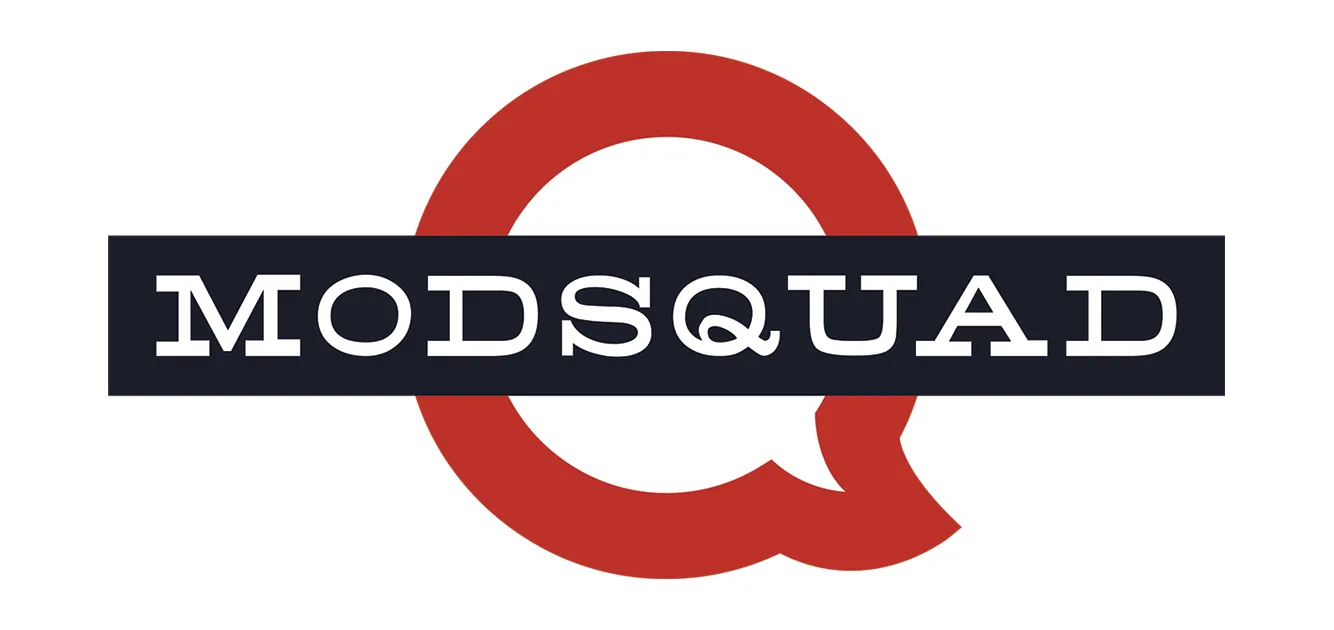
Social Gaming Goes Hardcore with Next Gen
It’s an exciting time to be a gamer, especially a console gamer. With the launch of the Playstation 4 and the Xbox One now just around the corner, both Sony and Microsoft have been giving us more and more glimpses of what we can expect from the next generation of console gaming at recent major industry events such as E3, Gamescom, and PAX.
In addition to showing off some truly awe-inspiring graphics (made possible by cutting-edge performance improvements), both companies have spent considerable time recently highlighting the extensive online features of their new systems. These will include seamless multiplayer functionalities that now allow players to instantly jump into their friends’ live game sessions, to the simple capture and sharing capability of game footage to player networks, and a highly anticipated cloud-based game streaming service.
One additional feature has received comparatively little attention so far, but it may well be one of the most interesting and promising ones. The next generation will finally see the cooperative and competitive combination of hardcore and social gaming. Although full details are not entirely clear, we know already that players will be able to participate in ongoing single and multiplayer game sessions in real time on a variety of mobile devices —this includes all current iOS and Android platforms. This will be huge!

So far only two game titles will support this capability: Ubisoft’s Tom Clancy’s The Division and Watch Dogs. Watch Dogs probably one of the most highly anticipated upcoming games. It is an action-adventure that combines elements from the most successful genre franchises of this generation —like Assassin’s Creed, Grand Theft Auto, and Max Payne.
Watch Dogs is an action-adventure that combines elements from the most successful genre franchises of this generation, such as Assassin’s Creed, Grand Theft Auto, and Max Payne. The game lets the player slip into the role of Aiden Pearce, a high-tech vigilante on a personal vendetta in a Chicago of the not-too-distant future. In both the single and multiplayer modes of the game (which seem to be strongly woven together, judging from some of the most recent gameplay footage) on-the-fly hacking (no tech is safe) is one of Pearce’s main weapons. The player will be able to use the city’s pervasive surveillance and security system (ctOS) against enemies, the police, and against the system itself. The cooperative play on mobile devices allows additional players to enter a regular single-player session via an app and support the console player by completing smaller, sensitive tasks. Ubisoft has shown the benefits of this cooperative social gaming aspect for high-pressure escape situations, but it may well come in handy —or just be plain fun— in other scenarios, as well.
Much less details are known so far about The Division. It already appears to be a highly interactive gaming experience, making use of many of the new networked features of next gen consoles. At its core, the game will be a third-person shooter with RPG elements and set in New York after some not-yet-disclosed catastrophic event. Initial trailers have shown the main player teaming up with other members of an urban paramilitary unit (assumedly the eponymous “Divison”), securing parts of the largely desolate city. It’s so far not entirely clear whether some or all of the other members of a player’s unit will or can be other players on other consoles, but Ubisoft’s heightened focus on collaborative play makes that likely.
It would be exciting to see a breakdown of traditional single/multiplayer like what has been shown for Watch Dogs. As The Division will not be among the titles available at the launch of the PS4 or the Xbox One, detailed information on this game is even scarcer. What we do know, however, is that the game will feature the integration of real-time mobile device participation in a co-op mode, or what Ubisoft calls “companion gaming.” Mobile players will be able to take control of armed drones in a regular ongoing game session and provide air support to the console players on the ground.
Although hardcore gamers may be reluctant to embrace these features initially, they might actually have the potential to breach the persistent gap between hardcore and social gaming. Depending on how well these new co-op platform mechanics are executed, hardcore gamers may in turn come to appreciate, even rely on, the support of their mobile partners more and more.
Guido Schenkel
Senior Project Manager EU



